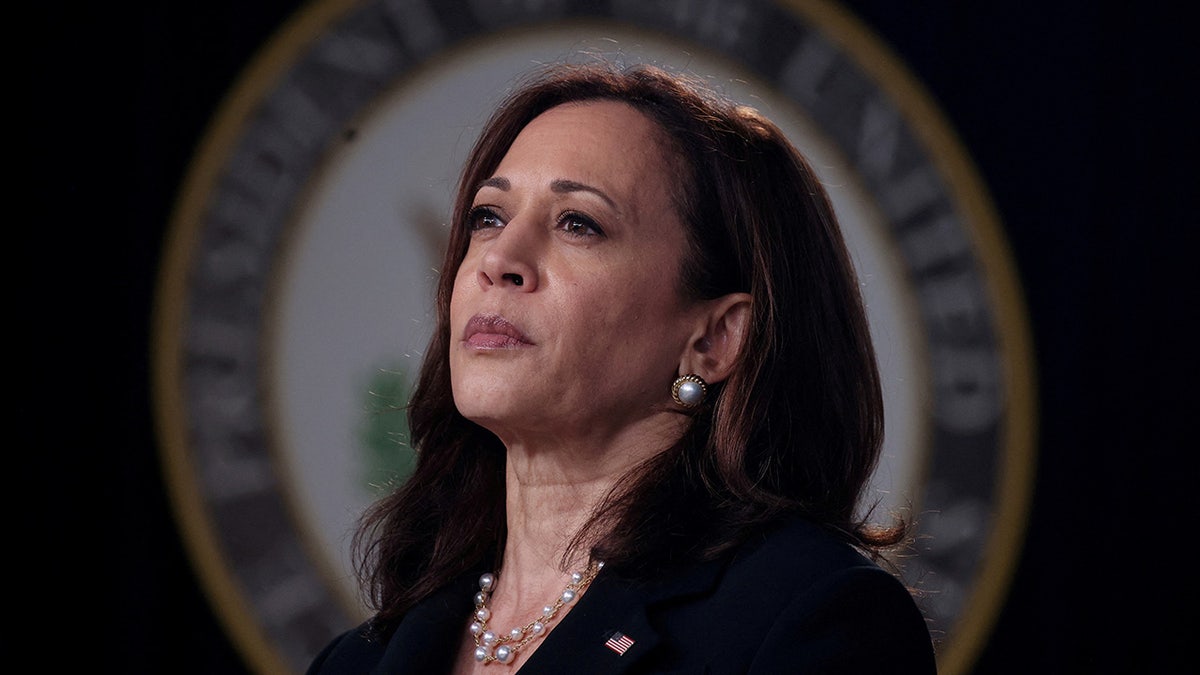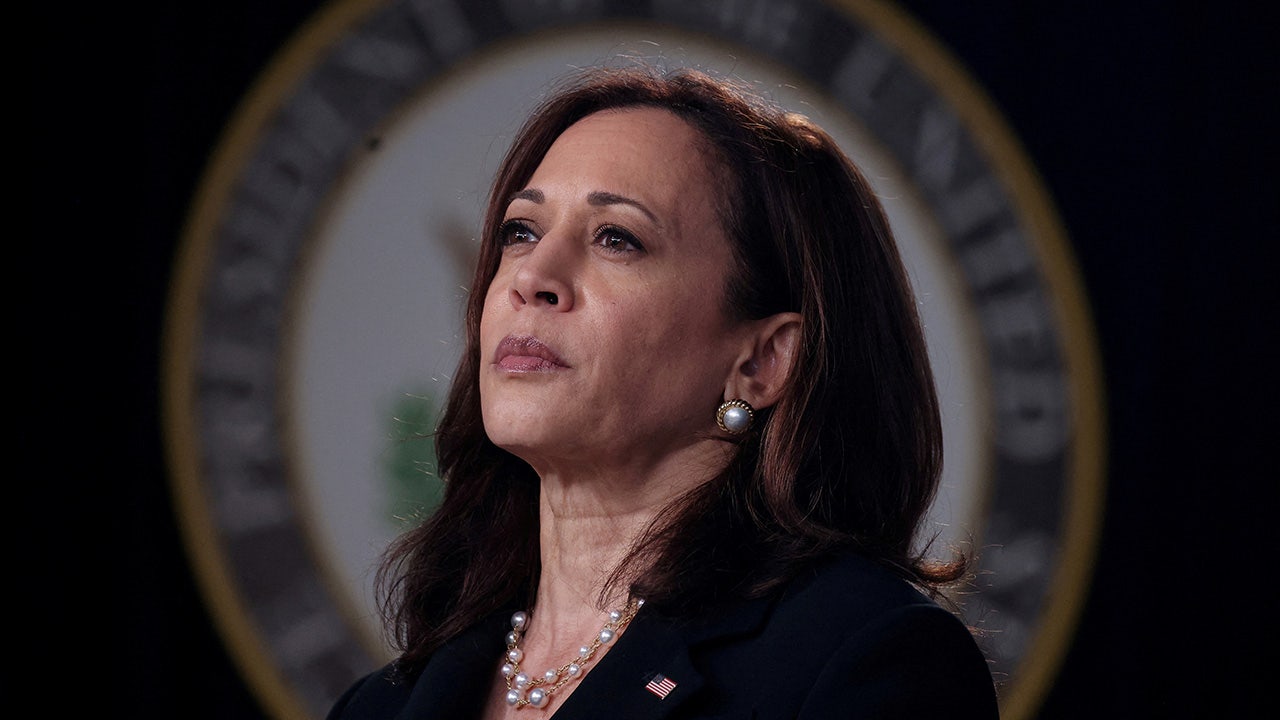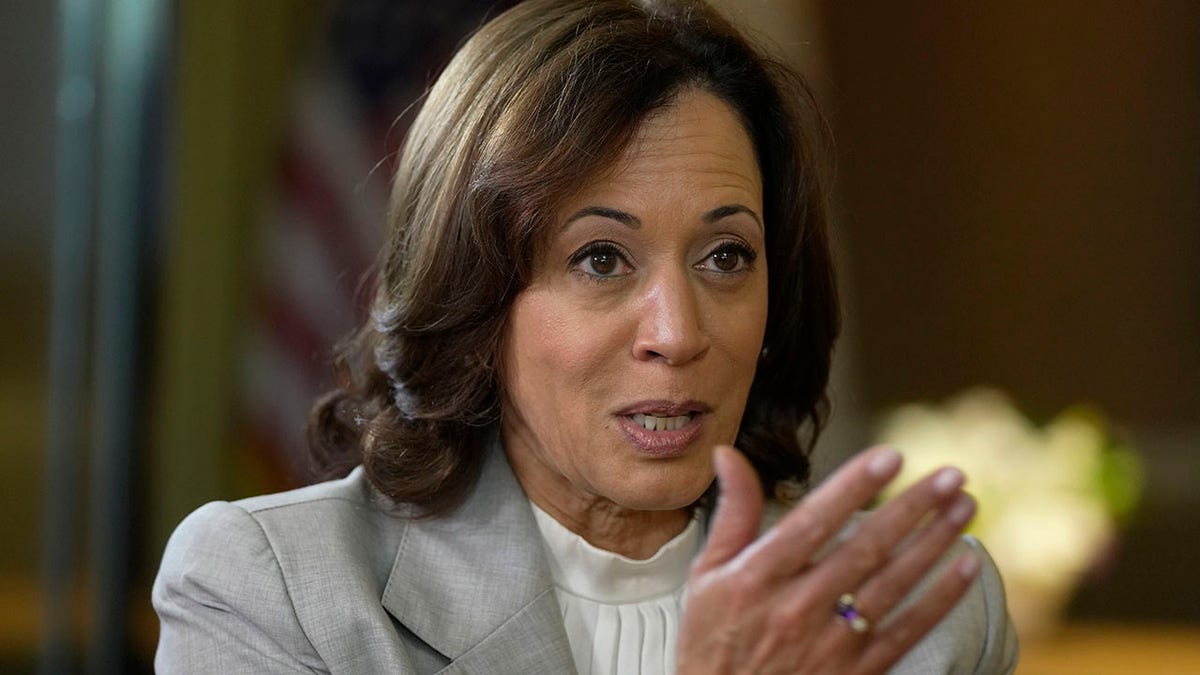Is Kamala alcoholic? This question has sparked significant debate and curiosity among the public. Kamala Harris, the Vice President of the United States, has been a subject of intense scrutiny, and rumors about her alleged alcoholism have surfaced. However, separating fact from fiction requires a deeper understanding of the context and evidence available.
As a prominent political figure, Kamala Harris is often at the center of media attention. The claims about her alleged drinking habits have gained traction on social media and certain news outlets, leading many to wonder if there is any truth to these allegations. This article aims to provide a balanced and well-researched perspective on the matter.
We will delve into the origins of these rumors, examine the evidence, and analyze whether they hold any merit. By the end of this article, you will have a clearer understanding of whether Kamala Harris is truly an alcoholic or if these claims are merely baseless accusations.
Read also:R Slash Face Reveal Unveiling The Mystery Behind Reddits Most Anticipated Moments
Biography of Kamala Harris
Early Life and Education
Before we dive into the allegations, it is essential to understand who Kamala Harris is. Kamala Devi Harris was born on October 20, 1964, in Oakland, California. She grew up in a multicultural household, with her mother, Shyamala Gopalan, being a cancer researcher from India, and her father, Donald Harris, an economist from Jamaica.
Kamala attended Howard University, where she earned a Bachelor of Arts degree in Political Science and Economics. She later obtained her Juris Doctor from the University of California, Hastings College of the Law. Her educational background laid the foundation for her future career in public service.
Below is a summary of Kamala Harris's personal information:
| Full Name | Kamala Devi Harris |
|---|---|
| Date of Birth | October 20, 1964 |
| Place of Birth | Oakland, California, USA |
| Education | Howard University, University of California, Hastings College of the Law |
| Profession | Vice President of the United States |
Understanding the Allegations: Is Kamala Alcoholic?
Origins of the Rumors
The rumors about Kamala Harris's alleged alcoholism began circulating in certain online circles and social media platforms. These claims gained momentum without substantial evidence, often fueled by political opponents or individuals with biased agendas.
One of the earliest instances of these rumors can be traced back to a video that went viral, where Kamala appeared to be unsteady during a public event. Critics quickly jumped on this footage, suggesting that it was proof of her drinking habits. However, no concrete evidence has emerged to support these allegations.
Evidence Supporting and Refuting the Claims
What the Critics Say
Proponents of the "Kamala alcoholic" narrative often point to specific incidents as evidence. For example, they cite instances where she appeared disoriented during public appearances or gave confusing responses during interviews. However, these incidents can also be attributed to fatigue, stress, or other factors unrelated to alcohol consumption.
Read also:Enjoy Sabrina Carpenters Melodious Espresso A Captivating Music Experience
Additionally, some critics highlight her occasional consumption of wine during public events as proof of her alleged drinking problem. However, enjoying an alcoholic beverage in moderation is not uncommon for many adults and does not necessarily indicate alcoholism.
What the Evidence Shows
On the other hand, there is a lack of credible evidence to substantiate the claims that Kamala Harris is an alcoholic. Her official schedule and public appearances demonstrate a high level of professionalism and dedication to her duties. Furthermore, her colleagues and staff have not publicly corroborated these allegations.
It is important to note that alcoholism is a complex condition that requires a thorough evaluation by medical professionals. Without concrete evidence or expert testimony, labeling someone as an alcoholic based on speculation is both unfair and potentially defamatory.
Impact of the Rumors on Kamala Harris
Personal Impact
False allegations about Kamala Harris's personal life can have a significant impact on her mental well-being and reputation. As a public figure, she is already under intense scrutiny, and these baseless claims only add to the pressure she faces. It is crucial to approach such rumors with skepticism and rely on verified information before forming opinions.
Political Impact
The rumors about Kamala Harris's alleged alcoholism also have political implications. Opponents may use these allegations as a tool to undermine her credibility and influence public perception. In a highly polarized political climate, it is essential to critically evaluate the information presented and avoid spreading unverified claims.
Addressing the Stigma Surrounding Alcoholism
Understanding Alcoholism
Alcoholism, or alcohol use disorder (AUD), is a chronic medical condition characterized by the inability to control alcohol consumption despite negative consequences. It affects millions of people worldwide and is often stigmatized due to societal misconceptions.
Instead of perpetuating stereotypes and spreading false information, it is crucial to approach the topic of alcoholism with empathy and understanding. By fostering an environment of support and education, we can help reduce the stigma associated with this condition.
How to Evaluate Online Information
Identifying Credible Sources
In the age of information, it is vital to critically evaluate the sources of news and information we consume. When researching claims about public figures, it is essential to rely on credible sources such as reputable news organizations, academic studies, and expert opinions.
- Look for sources with a history of accurate reporting
- Check for corroborating evidence from multiple sources
- Be wary of sensational headlines and clickbait
- Verify the credentials of the authors and experts cited
Legal Implications of Spreading False Information
Defamation Laws
Spreading false information about someone, especially a public figure, can have legal consequences. Defamation laws protect individuals from harmful and untrue statements that damage their reputation. Those who propagate false rumors about Kamala Harris's alleged alcoholism may face legal action if the claims are proven to be malicious and unfounded.
Expert Opinions on the Matter
Medical Professionals
Medical experts emphasize the importance of relying on scientific evidence when discussing conditions like alcoholism. They stress that diagnosing someone with alcohol use disorder requires a comprehensive evaluation by qualified professionals, not speculation based on isolated incidents or videos.
Political Analysts
Political analysts warn against the dangers of spreading unverified claims about political figures. They argue that such rumors can undermine democratic processes and erode public trust in institutions. Instead, they advocate for fact-based discussions and respectful discourse in political debates.
Conclusion
In conclusion, the question "Is Kamala alcoholic?" remains unanswered due to a lack of credible evidence. While rumors and speculation may persist, it is crucial to approach such claims with skepticism and rely on verified information. Kamala Harris has demonstrated dedication and professionalism in her role as Vice President, and baseless accusations about her personal life are both unfair and potentially harmful.
We encourage readers to critically evaluate the sources of information they consume and avoid spreading unverified claims. By fostering a culture of respect and accountability, we can contribute to a more informed and empathetic society. Share your thoughts in the comments below, and don't forget to explore other articles on our website for more insightful content.
Table of Contents
- Biography of Kamala Harris
- Understanding the Allegations: Is Kamala Alcoholic?
- Evidence Supporting and Refuting the Claims
- Impact of the Rumors on Kamala Harris
- Addressing the Stigma Surrounding Alcoholism
- How to Evaluate Online Information
- Legal Implications of Spreading False Information
- Expert Opinions on the Matter
- Conclusion


